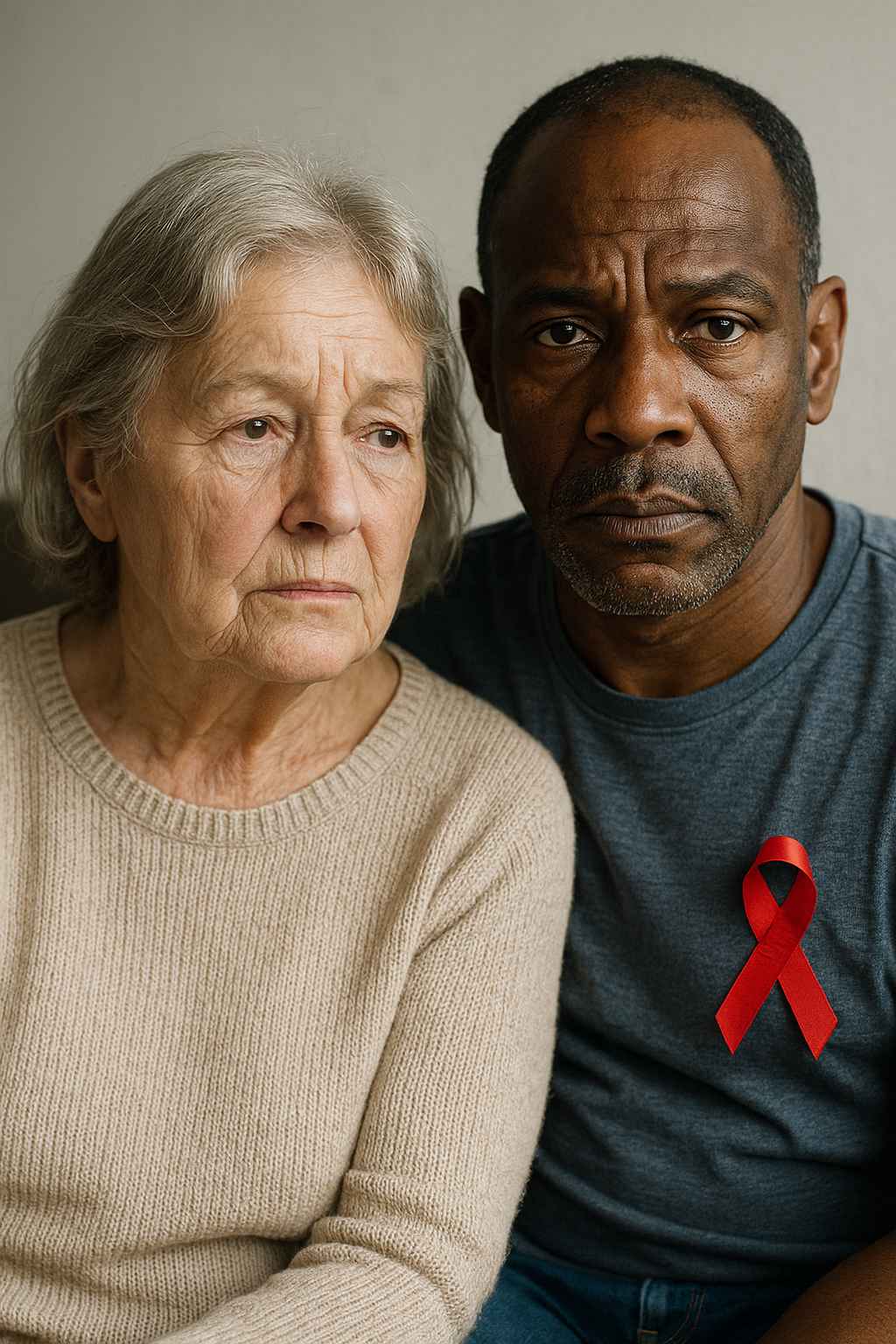Table of Contents
- Introduction
- Myth 1: An Entire Generation Was Lost to AIDS
- Myth 2: Only Young People Are Currently Affected
- Myth 3: Myths Differ Across Generations
- Why These Myths Persist
- The Truth by the Numbers
- Confronting Generational AIDS Myths
- FAQs
Introduction
Misinformation shapes public perception of HIV/AIDS across generations. “Generational AIDS myths” continue to obscure reality, affecting how different age groups approach HIV testing, treatment, and stigma.
Myth 1: An Entire Generation Was Lost to AIDS
It’s often claimed that a whole generation was erased by the epidemic. In truth, many long‑term survivors from that era are alive today—over 50% of people living with HIV in the U.S. are aged 50+. Declaring that “an entire generation” was lost dismisses their stories and inadvertently erases their ongoing contributions.
Myth 2: Only Young People Are Currently Affected
Another misconception is that HIV primarily impacts youth, stemming from “AIDS fatigue” among younger cohorts who’ve never seen the crisis’s worst days. Yet, older adults still represent a significant portion of diagnoses and often face late detection and unique health challenges.
Myth 3: Myths Differ Across Generations
Beliefs about HIV vary by age. For instance, the “virgin cleansing myth”—the false idea that sex with a virgin can cure HIV—has been reported among older men in parts of sub-Saharan Africa. This dangerous myth has fueled horrific abuses and goes far beyond generational stereotypes.
Why These Myths Persist
- Historical trauma and collective fading memories: As fewer people today witnessed the early AIDS crisis, misconceptions can fill the void.
- Simplified narratives of generations: The notion of generational groups—Boomers, Millennials, Gen Z—is often inaccurate and divisive.
- Stereotyping harms understanding: Generational stereotypes limit empathy and hinder meaningful cross‑age engagement.
The Truth by the Numbers
- Over 50% of U.S. individuals with HIV are aged 50+—a clear sign that older adults are very much affected.
- New infections occur in all age groups, with risky behavior and lack of prevention affecting each cohort.
- Long‑term survivors are still here, full of wisdom and resilient communities.
Confronting Generational AIDS Myths
- Amplify survivor voices: Stories from those who lived through the 80s and 90s put a human face to HIV, repairing stigma.
- Promote intergenerational dialogue: Bridge generational gaps by involving elders and youth in education, mentoring, and advocacy.
- Debunk myths with facts: Use data to counter harmful beliefs—such as the virgin cleansing myth and misconceptions about risk.
- Fight stereotyping: Encourage viewing individuals as unique rather than reducing them to generational traits.
FAQs
Q: Did we lose an entire generation to AIDS?
A: No. Many survivors from the early epidemic era are still alive, and older people living with HIV are a significant and growing group.
Q: Are younger people less concerned about HIV today?
A: Some are affected by “AIDS fatigue,” but HIV risk spans all ages. Awareness and prevention remain crucial for everyone.
Q: What is the virgin cleansing myth?
A: It’s a dangerous myth that sex with a virgin cures HIV/AIDS. This false belief has led to sexual abuse and stems from deeply rooted stigma.
Q: How can we fight these myths?
A: Share survivor experiences, encourage honest conversations across age groups, and correct misinformation with solid evidence.
Disclaimer: This article was written with the assistance of AI. Although we strive for accuracy, it may contain errors. Please consult healthcare professionals for personal medical advice.




